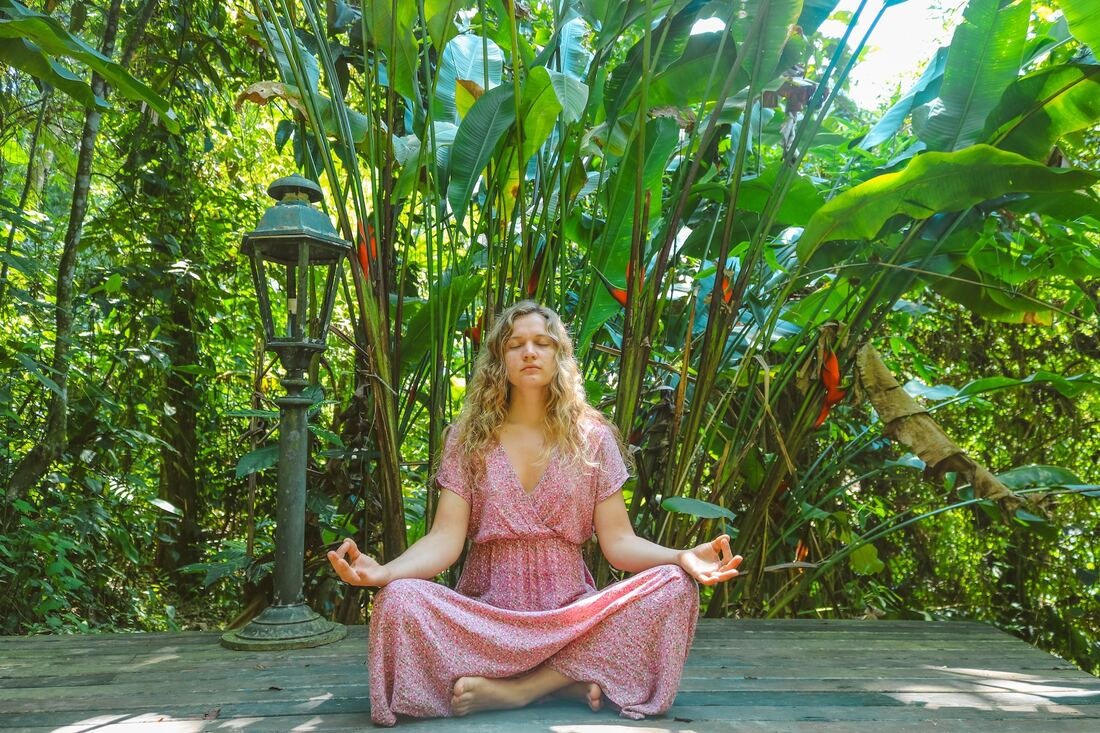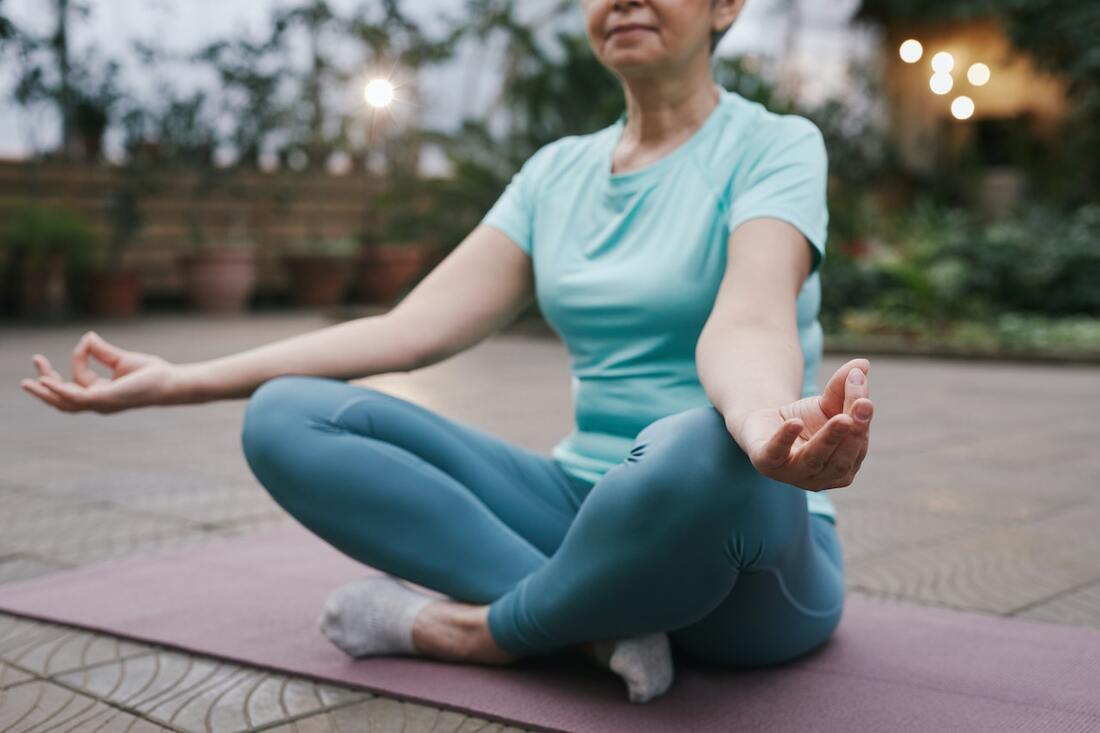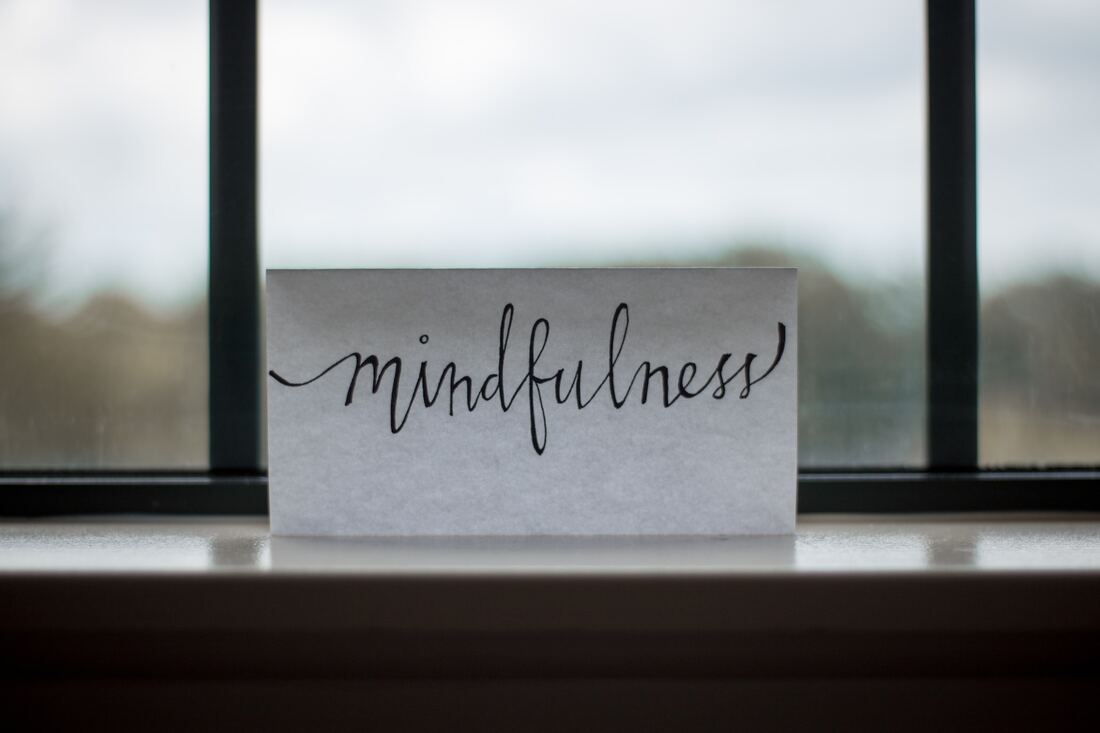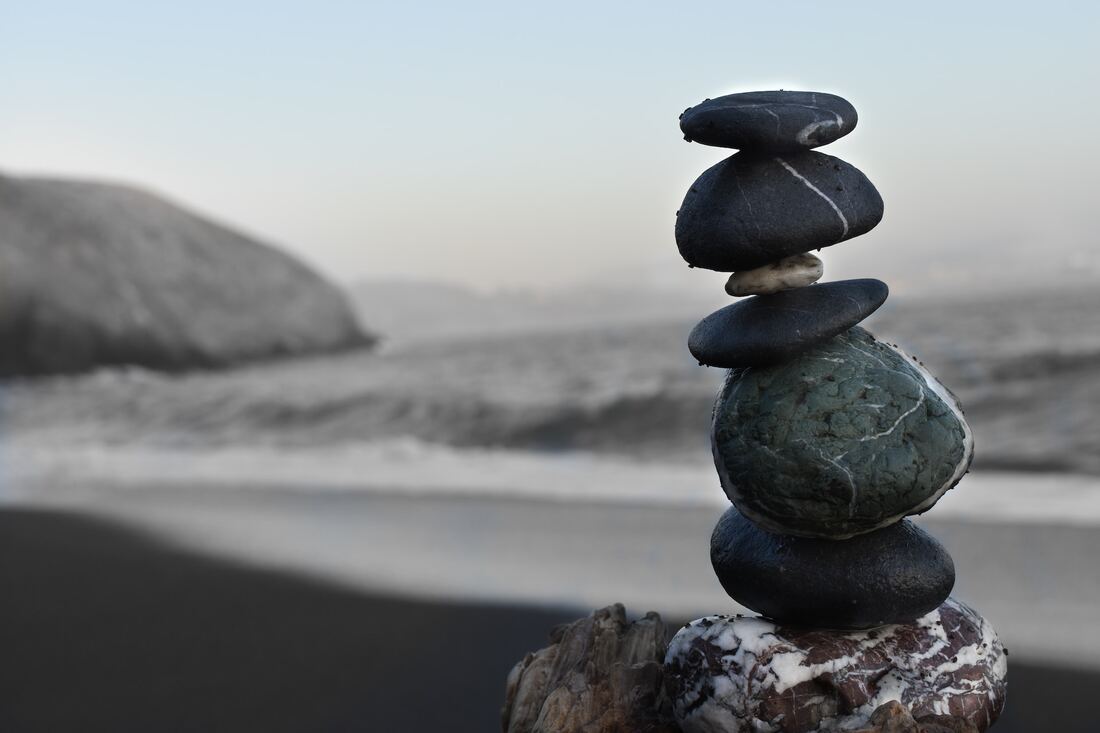 Photo by Hristina Šatalova on Unsplash Photo by Hristina Šatalova on Unsplash
At some point, most people experience the negative impacts of stress. Stress is increased by time-related issues including rigid schedules and deadlines in homes and companies. When used properly, meditation techniques for beginners can be a very useful tool for managing stress anywhere and at any time. Assuming that not everyone is an expert at meditation, introductory meditation techniques would unquestionably be of great assistance to anyone in need of stress alleviation.
There are a number of beginner meditation techniques that can really help someone who is new to the practice of meditation get to the inner Shangri-La everyone has. Without the aid of a guide, how would you carry out the practice of meditation?
0 Comments
 Photo by Hans Vivek on Unsplash Photo by Hans Vivek on Unsplash
Life can be hectic at times. The busy pace and responsibilities we frequently confront on a daily basis leave us anxious, exhausted, overworked, and dissatisfied. Meditation is a simple and effective approach to relax your body, calm your mind, and achieve inner peace in the midst of chaos.
Finding a quiet space to practice, adopting a comfortable poised posture, acquiring an object to focus on, and developing a passive mindset free of attachments are the main parts of meditation practice.  Photo by engin akyurt on Unsplash Photo by engin akyurt on Unsplash
Everyone is aware that all you need for meditation is your own mind. However, there are some factors, such as meditation attire, that might enhance your enjoyment of the practice, particularly if you are new to it.
Here are some examples of meditation-related clothing and gear:  Photo by Spencer Selover from Pexels Photo by Spencer Selover from Pexels
Meditation may not be suitable for everyone, as some individuals may be discouraged from practicing it due to its religious associations and strict regimen. If you are not religious or do not value discipline, meditation may not be suitable for you. Not everyone is suited to delve into the process of meditation, nor to experience its immediate and long-term benefits, even if they are just simple meditation techniques.
 Photo by Marcus Aurelius from Pexels Photo by Marcus Aurelius from Pexels
As the world evolved into more technologically advanced communication networks, it became increasingly global. The result is a fast-paced, stressful world in which pressure has become a common, rudimentary part of living. Increasing your mental focus and physical strength are the keys to success, which allows you to be at the top of your game. This is the purpose of meditation, and using simple meditation techniques is the greatest way to achieve it.

Do you find yourself overworked, worried, or simply stressed? Then it's time to unwind. Give your mind a break while also boosting your immune system. Practice meditation.
Meditation is a foreign concept to many people. After all, meditation is usually connected with old spiritual traditions. But, in reality, meditation is merely a method of relaxing your mind and body, which helps to distance you from your daily concerns and worries. Even the busiest individual in today's modern society can learn and practice this approach.  Photo by Omid Armin on Unsplash Photo by Omid Armin on Unsplash
If you want to get all of the benefits of regular meditation, you must do it right. Unfortunately, many novices make mistakes that prevent them from reaping the benefits of meditation. Here are some of the meditation blunders to avoid.
1. Not Knowing What Works for You There is no one way that works for everyone, therefore it is critical that you take the time to determine which method is ideal for you. If you choose one way and it doesn't work for you, but you keep trying, you won't be able to enjoy it and may give up. To circumvent this stumbling block, experiment with various pproaches until you find one that works for you.  Photo by Lesly Juarez on Unsplash Photo by Lesly Juarez on Unsplash
There are numerous schools of meditation, each with its unique breathing, posture, and movement systems. However, the majority of meditation techniques can be divided into two categories: awareness meditation and concentration meditation. The former promotes inner tranquility, while the latter encourages internal energy development.
Mindfulness meditation is intended to reconnect us with the present moment. Many people think of meditation as a way to escape or transcend reality, but this couldn't be further from the truth. Mindfulness meditation is a return to reality, not an escape from it. Every day, we are either looking forward or looking back. We're thinking about our day at work and looking forward to our Friday night date. Because our minds are distracted, we rarely encounter the fullness of our present world.  Photo by Colton Sturgeon on Unsplash Photo by Colton Sturgeon on Unsplash
Many people have misconceptions about meditation, assuming that it entails sitting motionless for long periods of time. But that is not what meditation is. Meditation is simply a method of calming your mind and relieving it of the tensions of daily life. You don't have to do yoga for hours to reap the benefits. in fact, 15 to 20 minutes a day is plenty for most people.
 Photo by cottonbro studio from Pexels Photo by cottonbro studio from Pexels
What method of mind empowerment is strong enough to induce a state of relaxation in the body, emotions, and mind? The aim of meditation, regardless of the methods employed, is to establish mastery over the body and mind. Progress requires repetition and training the mind to be still so that it will naturally appear when called upon. There are numerous methods for learning how to meditate. Pick one that will be useful to you.
|
|